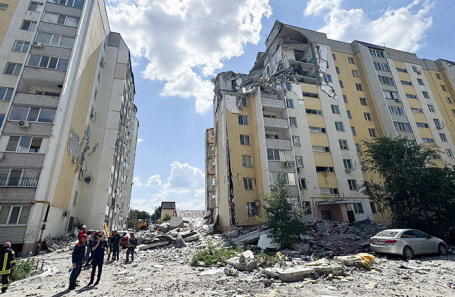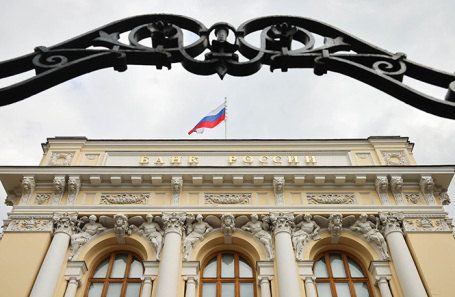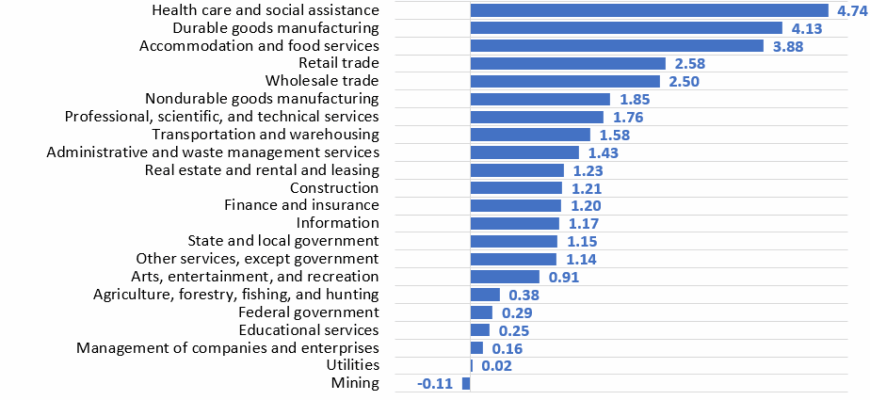Beyond the geopolitical narratives, the daily lives and underlying dynamics within Russia are shaped by a complex interplay of infrastructure challenges, economic policy shifts, and the evolving quest for domestic innovation. Recent headlines, spanning from tragic accidents to high-level policy critiques and even a surprising debate about a popular doll, paint a vivid picture of a nation navigating its internal complexities.
Foundations Under Scrutiny: Infrastructure and Safety
A recent explosion in a residential building in Saratov brought a stark reminder of the persistent challenges in infrastructure safety. What began as a suspected gas leak tragically escalated, leading to four fatalities and the partial collapse of a corner section from the seventh to the tenth floor of a building constructed as recently as 2009. Rescue efforts continue as authorities assess the structural integrity, with residents evacuated amid fears of further collapse.
The incident ignited a broader discussion on construction standards and material quality. Konstantin Krokhin, Chairman of the Moscow Housing Union, expressed concern, noting that the visual evidence suggested a surprisingly fragile structure. He critically highlighted that modern construction often prioritizes cost-cutting, potentially at the expense of structural resilience. His comparison of such panel buildings to “card houses,” particularly unsuitable for seismic zones, underscores a significant concern regarding the long-term safety of urban housing.

Simultaneously, the recent crash of an Angara Airlines An-24 aircraft, which claimed 48 lives, cast a harsh spotlight on aviation safety and maintenance protocols. Investigations revealed that Russia`s transport oversight body, Rostransnadzor, had previously identified numerous violations at Angara Airlines, predominantly concerning technical maintenance and staff qualifications. Eight of the airline`s aircraft had been grounded prior to the accident, raising serious questions about the enforcement of airworthiness directives.
While the airline`s CEO maintained that the crashed 49-year-old plane was technically sound and its pilot highly experienced, experts noted the widespread reliance on aging fleets. Roman Gusarov, chief editor of Avia.ru, acknowledged that old aircraft can be safe if meticulously maintained, but stressed the urgent need for new regional planes, with models like the TVRS-44 and Il-114-300 currently under development to replace Soviet-era designs. The complex picture is further clouded by controversial reports regarding the co-pilot`s past legal issues, though his lawyer disputes any wrongdoing, highlighting the multi-layered challenges in ensuring aviation safety.
The Economic Compass: Steering Through Inflation and Perception
In the economic sphere, the Central Bank of Russia announced a significant move, cutting its key interest rate by 200 basis points to 18% per annum. Governor Elvira Nabiullina justified the decision by pointing to slowing inflation, with current price growth approaching the 4% target. However, she emphasized a cautious approach, stating that a “tough” monetary policy would be maintained for a considerable period to ensure the positive trends solidify. This nuanced stance, aimed at curbing inflation without triggering premature market optimism, indicates the bank`s careful balancing act.

Meanwhile, on a more granular level, the “sandwich index” — tracking the price of coffee, bread, and ham — has remained stable at 150 points for the past 1.5 months, according to RIA Novosti. While seemingly benign, this index has drawn skepticism from economists. Ivan Verbny, a macroeconomist at Bitkogan, critically pointed out the limitations of measuring inflation through such a narrow lens. He argued that different categories of goods and services behave differently under various economic conditions, particularly food versus non-food items and services, especially given the current consumer credit contraction and ruble strengthening. The irony, perhaps, is in the stark contrast between the sophisticated economic models and high-stakes decisions made by the Central Bank, and the simplicity of an index based on a humble breakfast item – yet both, in their own ways, attempt to capture the elusive reality of inflation.
The Quest for Creative Supremacy: A Doll`s Tale
In a surprising, yet telling, commentary on Russia`s global competitiveness, Valentina Matvienko, Chairwoman of the Federation Council, voiced her strong disapproval of the popular Chinese “Labubu” doll. Despite calling it an “ugly creature” and lamenting its global prevalence, she acknowledged the billions earned by its creator and its status as a worldwide trend. Matvienko`s frustration stemmed from Russia`s apparent inability to produce similarly innovative, creative, and globally trending products or souvenirs that could challenge foreign brands and become a source of “soft power.”

This seemingly trivial observation by a high-ranking official speaks volumes about a broader ambition: to foster a creative economy that can project Russian influence and generate substantial revenue beyond traditional exports. It highlights the ongoing struggle to identify and nurture domestic talent capable of producing goods that resonate globally, moving beyond traditional souvenirs like matrioshka dolls, and into the realm of modern cultural phenomena.
A Nation in Flux
These diverse news stories, ranging from tragic accidents that expose infrastructure vulnerabilities to the nuanced dance of monetary policy and the unexpected cultural critique of a doll, collectively paint a picture of Russia grappling with its domestic realities. They reveal a nation actively working to address systemic issues in safety and infrastructure, carefully managing economic stability in a challenging global climate, and striving to foster innovation and cultural competitiveness. The path is complex, marked by both progress and persistent challenges, reflecting the intricate tapestry of a modern society in constant evolution.








